 I was beginning to suspect he was mad.
I was beginning to suspect he was mad.
That was my first thought when he leaned forward, grinning like he had just uncovered the final truth of existence. A madman’s grin—wide, unguarded.
“That’s because you don’t know the secret yet,” he said.
“What secret?”
His grin deepened. “It’s more terrifying than anything you can possibly imagine.”
I’d met him once before, the peculiar roommate of my esthetician.
“John Lennon, Bob Marley, Kurt Cobain,” he whispered, leaning closer. “They all knew the secret. And once you know, you can never go back.”
If you define power as “the ability to affect your environment,” then life is power. But power is nothing without its witness. It is not enough to live; one must prove to oneself that one is living. How else can a man know for certain that he exists?
I moved into an ancient church, abandoned by God but repurposed by my friend, King Dave III. A church turned recording studio. My living quarters lay beneath the studio, the nave, in the dark, in the depths. There were no windows, and my only light came from flickering candles, which cast shifting shadows against the cold stone walls.
The ceiling, a mere five feet from the floor, demanded humility, lest I be struck down by the unforgiving steel pipe that loomed just above my head. Twice already it had struck me down, an unholy initiation into my new existence.
On the night of my arrival, I shared communion with King Dave III upon his weathered deck, where we imbibed a sacramental bottle of Blue Nun beneath the indifferent gaze of the stars. I spoke to him of the secret that had been imparted to me. To my astonishment, he nodded grimly.
“Aye,” he sighed, as though recalling some long-buried sorrow.
With that, he poured the last of the Blue Nun and we drank in silence, two men bound by some unspoken revelation.
Sleep claimed me at the somewhat acceptable hour of six, dragging me into a dreamless abyss. Yet scarcely had I surrendered to slumber when a great tremor shook the foundations of the church. Thunderous wails and demonic howls erupted above, filling my chamber with their dreadful resonance.
I was hoping for sleep, for peace. But peace was not meant for me.
I took a hockey stick from the corner; a weapon fit for holy war, and crept cautiously towards the staircase. The door flung open with a crash, and in its frame stood King Dave III and a wizened cat named Sister Mary perched upon his shoulder like a pirate’s owl.
“Forgive me,” he said. “I neglected to mention—there’s a primal scream class upstairs this morning.”
Above us, the poor wretches screamed into the void, clawing at the silence, as they stumbled upon a cold, indifferent world and found themselves unprepared.
I wondered then: Were they trying to purge the knowledge from their bodies? To scream their way back into ignorance? Had they been driven to perform this kind of exorcism not of demons, but of the truth?
John Lennon sat slumped on the studio couch, his fingers curled around a cigarette that had long since burned down to its last embers.
“You ever screamed so hard you thought your throat would rip open?” he muttered, voice rasping like a needle grinding against a worn-out groove.
Yoko glanced at him, her expression unreadable. “Every day in my head,” she murmured.
John exhaled sharply. “Arthur says it’s good for me. ‘Let it out, lad. Scream like you’re five years old and someone’s just torn your mother away from you.’” He shook his head, his fingers absently tapping ash onto the floor. “Turns out, that’s not so hard.”
But some truths, once known, sink their claws in and never let go.
I lay in the dark and listened. I no longer feared the damp walls, the low ceiling, the candlelight that flickered as if it, too, longed for escape.
I had a companion of sorts—a bat I named Ozzy Osbourne, who flitted through the air ducts above me. I respected Ozzy. We had an understanding: he’d keep to himself, and I wouldn’t bite his head off. Such a fragile peace was more than most men ever achieved.
Then came the rat.
He was a hideous thing, enormous, gorged on filth and shadows. I saw him one night, rifling through the garbage near the door.
The bat I could accept. But the rat was something else. A rat is a mockery of life—a creature that thrives on what has been abandoned, on what no longer serves a purpose. It was an insult, and I could not abide by insults.
Sister Mary was perched upon the kitchen counter, eating lazily from a dish of treats. Without a word, I lifted her and carried her down into the basement, where the rat still lurked.
She became alert. A predator once more. She moved with a deadly purpose, her eyes gleaming. And then, with a furious pounce, she seized the vile creature by its tail, and in a display of merciless justice, she began to thrash it against the unyielding stone. Again and again, the sound of cracking bones echoed through the chamber. The rat shrieked—once, twice—then silence. A crimson stain blossomed upon the cold concrete.
The rat had screamed, as though it knew, in those final moments, that it had always been doomed.
Sister Mary released the lifeless body and gazed up at me, proudly awaiting my approval. I stared at her. The blood dripped. The walls bore witness. The candle flames flickered in the damp air.
What was I to do? Praise her? Mourn the rat? Mourn myself?
Instead, I found a shovel. I gathered the remains and discarded them as one discards anything that has outlived its use. I stood in the blood-soaked basement and asked myself the only question that mattered. How in God’s name do you clean up this much blood?
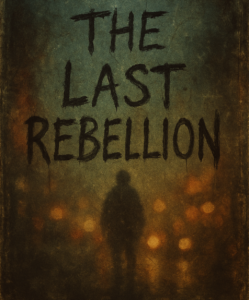 Storytelling is the last rebellion.
Storytelling is the last rebellion.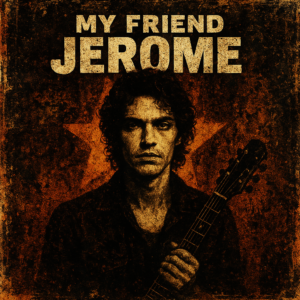

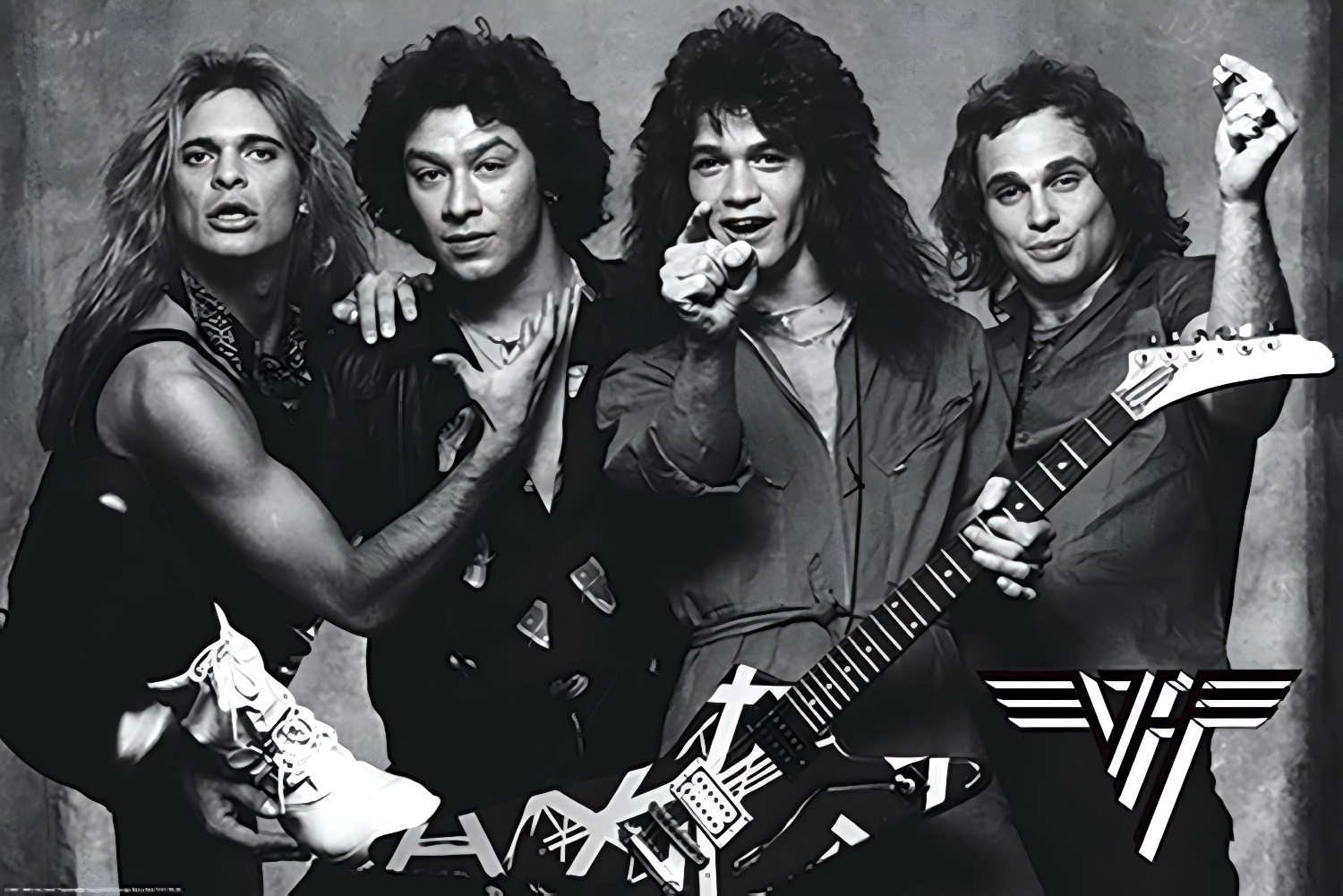
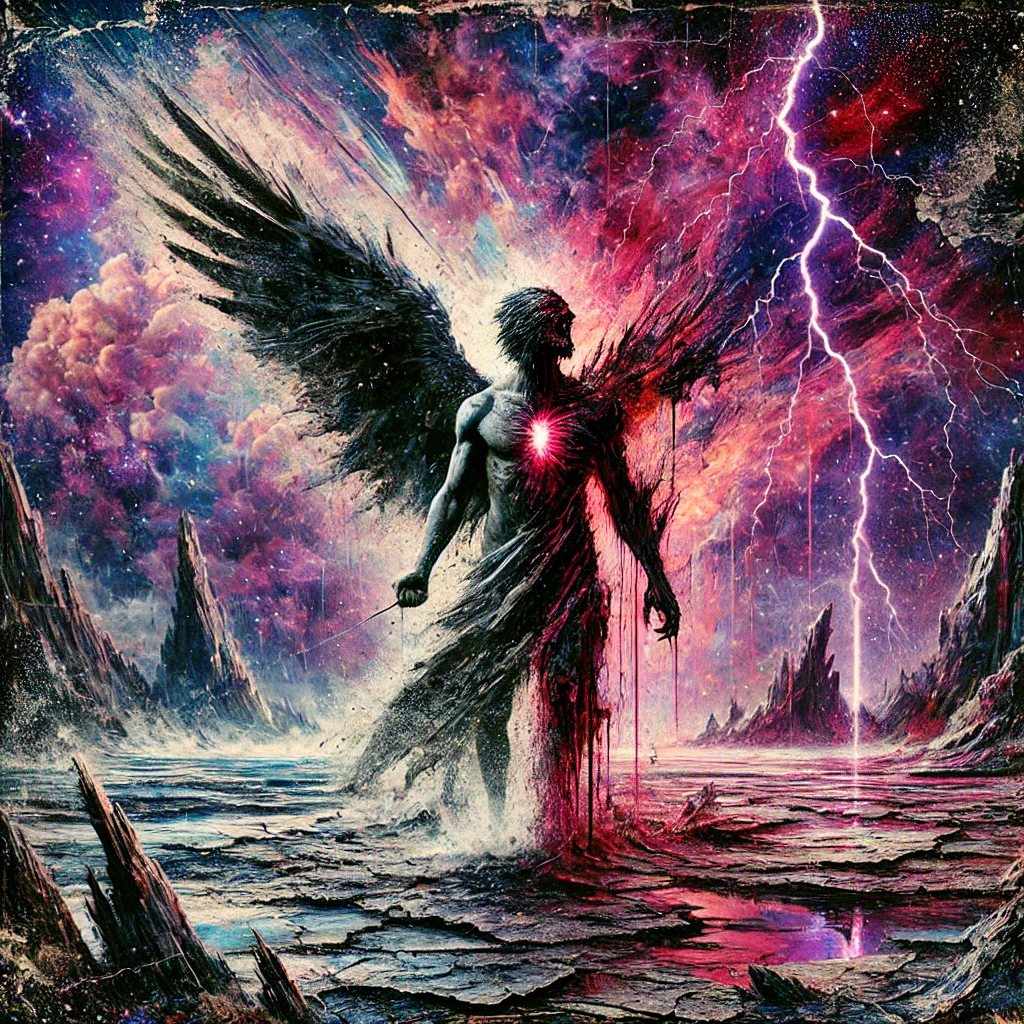
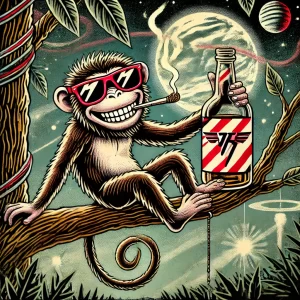 Even though shooting up cop cars while armed with two hot chicks and some paint-ball guns is terrific fun, we decided to quit while we were ahead, go to the mountain, and finish the Jack Daniel’s.
Even though shooting up cop cars while armed with two hot chicks and some paint-ball guns is terrific fun, we decided to quit while we were ahead, go to the mountain, and finish the Jack Daniel’s.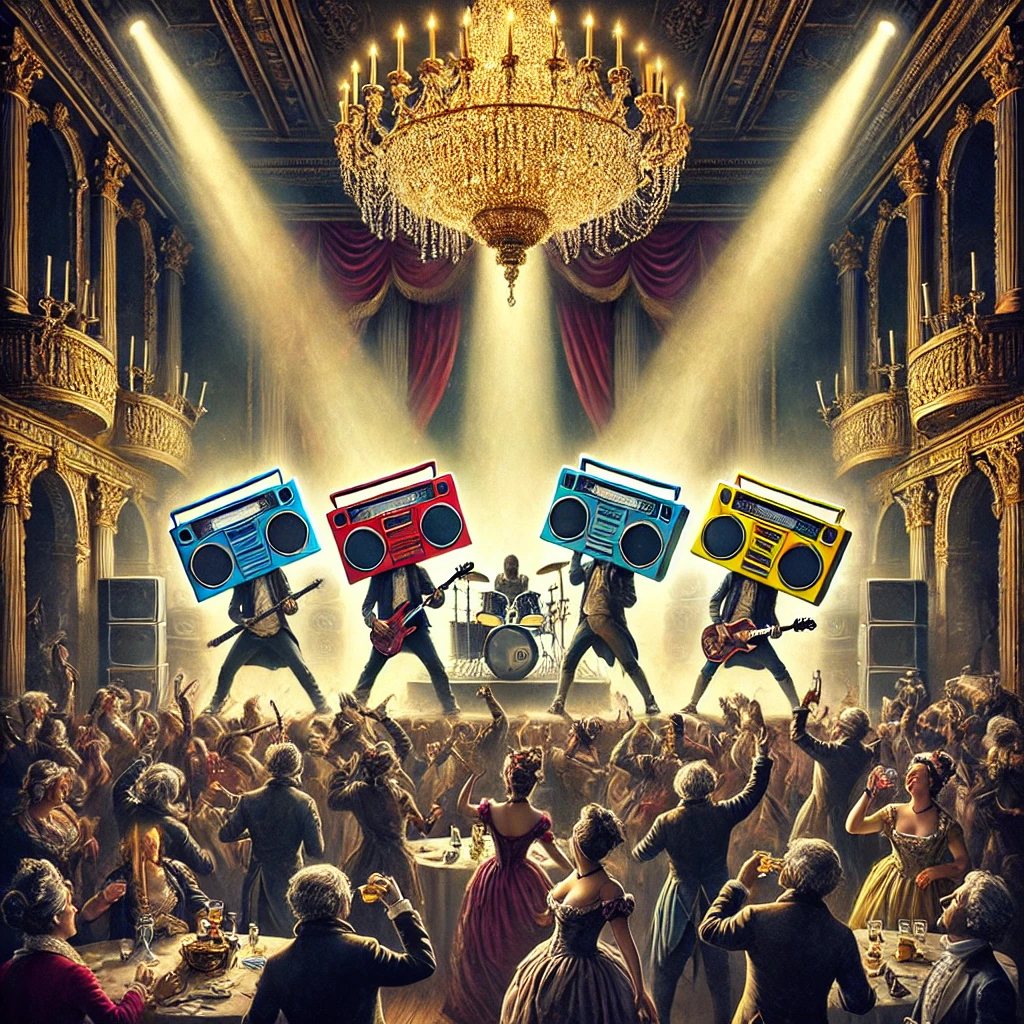 The clock struck three in the somber night as the four of us journeyed towards our grand performance. In music, the space between the beats is important. Life, too, unfolds in these spaces.
The clock struck three in the somber night as the four of us journeyed towards our grand performance. In music, the space between the beats is important. Life, too, unfolds in these spaces.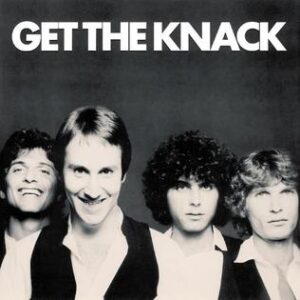 What is youth but the delirium of dreams, the reckless fumble toward ecstasy before the world crushes you into submission? Get the Knack is precisely such a delirium—brash and unrepentant in its yearning for something beyond itself.
What is youth but the delirium of dreams, the reckless fumble toward ecstasy before the world crushes you into submission? Get the Knack is precisely such a delirium—brash and unrepentant in its yearning for something beyond itself.